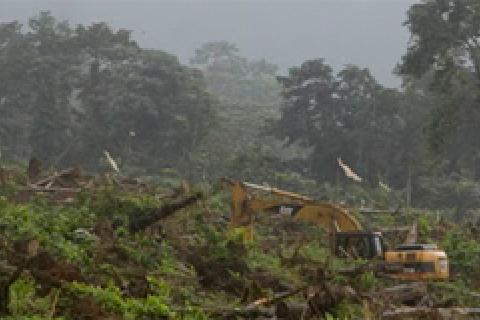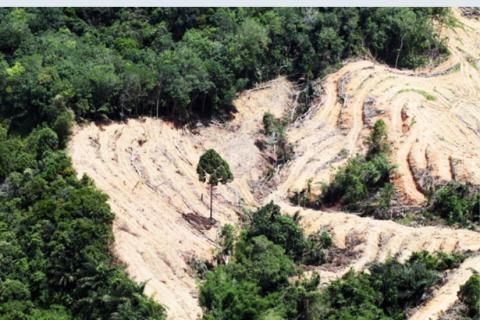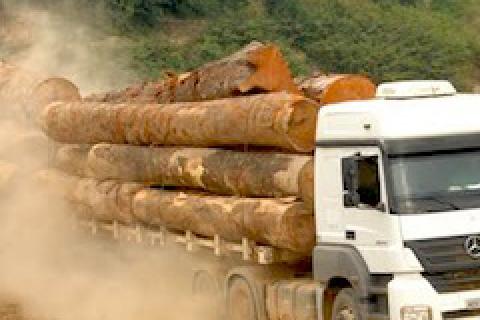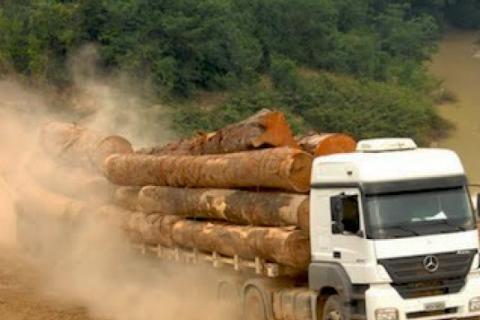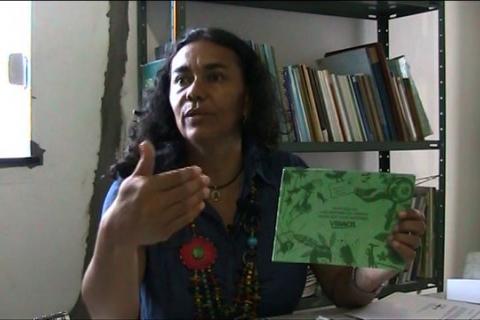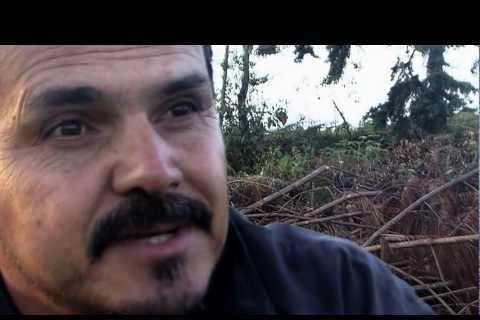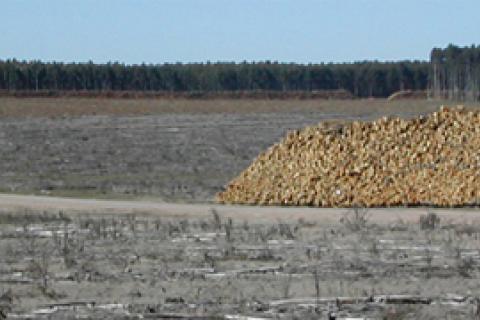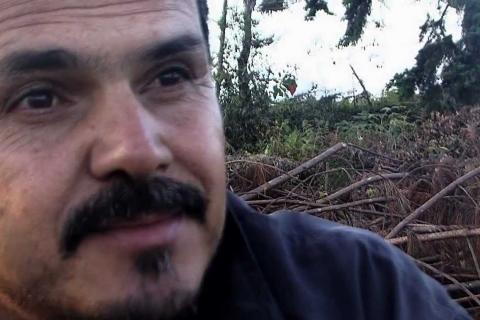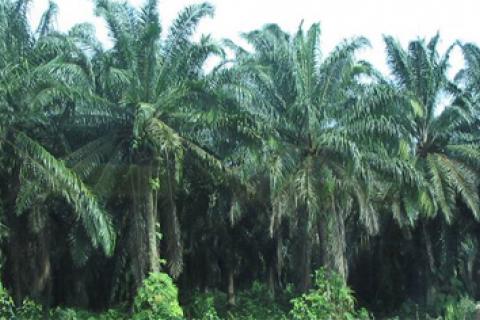São Tomé and Príncipe is one of the countries on the West African coast that stands out when it comes to biodiversity. For this reason, since the end of the 19th century these “beautiful equatorial islands” have attracted enormous interest from international researchers.Their forests have been classified as one of the two hundred most important areas in the world in terms of biodiversity. They are the habitat for around 25 species of endemic birds.
Other information
Barbara Zimmerman with the International Conservation Fund for Canada and Cyril Kormos, Vice President for policy with the WILD Foundation are the authors of a new study in Bioscience which argues that the ecology of tropical hardwoods makes logging with truly sustainable practices not only impractical, but completely unprofitable.
Over the last two decades, the Latin America and Caribbean region has lost 9% of its forest cover, primarily as a result of logging, the expansion of agribusiness, major infrastructure projects like highways, hydroelectric dams, mining, oil drilling and urbanization, as well as forest fires and the conversion of forests to other land uses, largely caused by these same activities.
The IUCN has approved a Motion on Sacred Natural Sites: 'Support for Custodian Protocols and Customary Laws in the face of global threats and challenges.' The initial Declaration was drafted jointly by The Gaia Foundation (http://www.gaiafoundation.org/) with input from the African Biodiversity Network (http://www.africanbiodiversity.org/) and the Statement on Common African Customary Laws for the Protection of Sacred Natural Sites developed by Sacred Natural Sites' Custodians from Kenya, Ethiopia, South Africa and Uganda; Christopher McLeod of the Sacred Lands Film Project (http://www.sacr
By Elder Andrade de Paula
On the eve of another world conference on the environment – Rio+20 – which places emphasis on the climate crisis, we are witnessing major efforts by the centres of world power to promote a discussion with no real discussions. The worn-out model of “sustainable development”, now recycled under the new name of “green economy”, is being put forward as the only alternative to “save the planet”.
“Sustainable on Paper”, a documentary film by journalists An-Katrien Lecluyse and Leopold Broers released in Belgium in 2011, is now available on the internet. The film broadly denounces the FSC certification of plantations owned by one of the biggest eucalyptus and pulp companies in Brazil, Veracel Celulosa, a joint venture of Brazilian-based Fibria and Swedish-Finnish transnational Stora Enso.
On September 21, the International Day against Monoculture Tree Plantations, organizations, networks and movements around the world celebrated the annual resistance campaign that continues to grow every year demanding to stop the expansion of monoculture tree plantations, which threaten the sovereignty of our peoples.
Here follow some activities registered by WRM.
International
On 15 and 16 September, representatives of community networks from northeastern Thailand gathered in Bangkok to protest against the Xayaburi hydropower dam, whose construction on the mainstream of the Mekong River in the territory of Laos is being strongly pushed.
The traditional communities known as geraizeiras at the Vale do Guará Settlement, in the town of Rio Pardo de Minas, north of Minas Gerais, denounce that an airplane spraying poison on a major eucalyptus plantation has hit the community, intoxicating 30 people, including children, elderly, youth and adults. They felt nausea, fever, vomit and itching skin. Airplane spraying is increasingly common in Brazil – the world's champion in pesticide use.
Press release - International Day Against Monoculture Tree Plantations.
On September 21, the International Day against Monoculture Tree Plantations, organizations, networks and movements around the world celebrated the annual resistance campaign that continues to grow every year demanding to stop the expansion of monoculture tree plantations, which threaten the sovereignty of our peoples.
Here follow some activities registered by WRM.
International
ACTION ALERT - THE PHILIPPINES
The indigenous peoples (Higaonons) and peasants of Opol in Misamis Oriental in Southern Philippines are currently struggling against land grabbing resulting from a monoculture oil palm plantation, promoted by the A Brown Company, Inc (ABCI). Since the beginning of the plantation’s operations, Higaonons and other villagers have experienced severe human rights violations such as forced eviction, illegal arrest, strafing and harassment.
